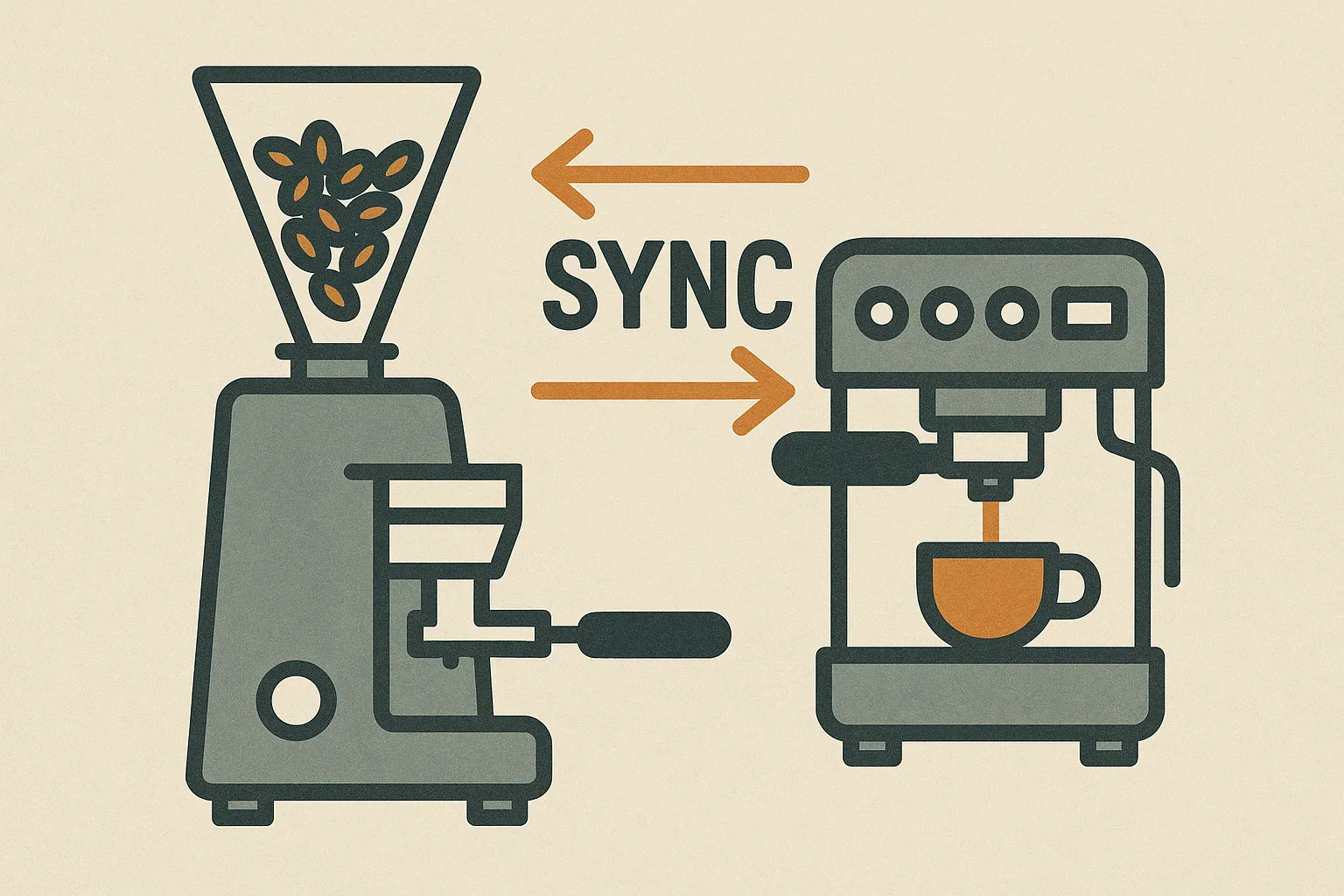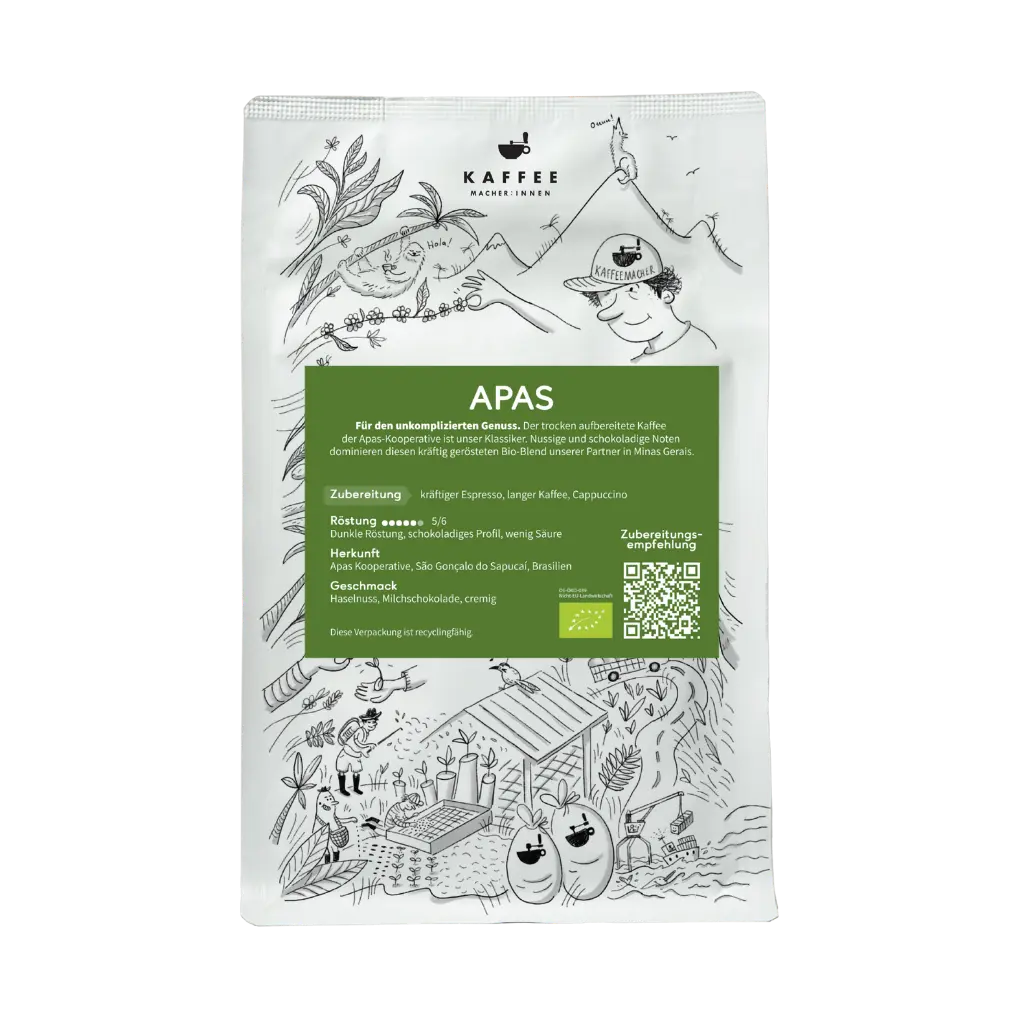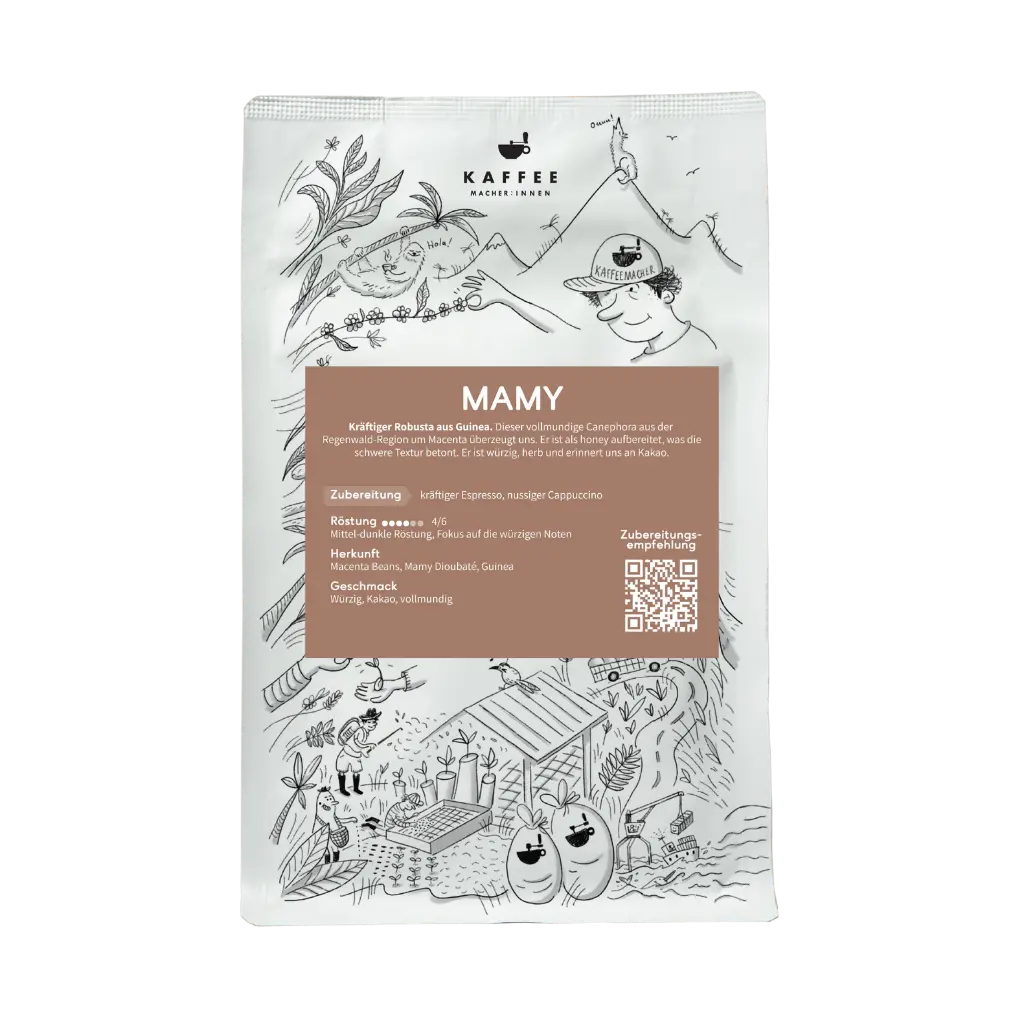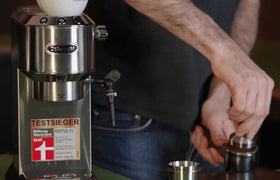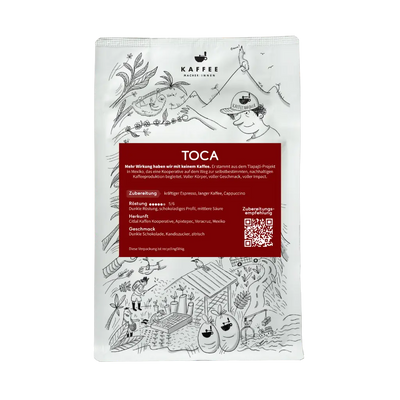"The framework conditions have changed," the Federal Council begins its press release of April 1, 2020. It was only in November 2019 that it was decided that coffee would continue to be considered a staple food and therefore be kept in mandatory stockpiles. But just a few months later, the Federal Council tightened the then-current ordinance once again. The sharp increase in global warming, the isolation of large segments of the Swiss population due to the coronavirus quarantine, and the overflowing mandatory toilet paper stockpiles have forced the Federal Council to relent. "Stockpile less and produce more ourselves" is the new standard.
Switzerland to become the No. 1 coffee producing country
They can no longer rely on imports. International competition for green coffee is constantly increasing. In addition, the Indian market, for example, has begun to drink its own coffee. Growing coffee consumption in China is also causing concern among local industry experts.
"We have commissioned Kaffeemacher GmbH from Münchenstein to implement coordinated coffee cultivation in Switzerland," states the current media release. With the support of farmers' associations, a test plantation will initially be established on the Bruderholz mountain. Further pilot farms are planned in Reigoldswil, Wädenswil, and the Emmental valley.
"Kaffeemacher GmbH has all the expertise needed to support such a major project in the coming years," it continues. Thanks to the "experience of the coffee makers from cultivation to the cup," the Federal Council is convinced that Switzerland can produce not only the best coffee in the world, but also the most coffee within three to five years.
 Swiss barista turning coffee.
Swiss barista turning coffee.
Coffee as the watch industry of tomorrow
When it comes to the coffee trade, Switzerland is a quiet giant. A large portion of the global coffee trade already passes through Switzerland. However, it never physically reaches Swiss territory. This is about to change.
The synergy between trade and agricultural expertise is expected to soon overtake its northern neighbor's position as the world's leading exporter. The goal is coffee production as the watchmaking industry of tomorrow—nothing more and nothing less.
Coffee production as social distancing therapy
The work in the fields will be carried out by employees from the hospitality industry, especially baristas. This will allow the industry, which has been hit hard by the coronavirus crisis, to break out of the imposed quarantine. Together with the coffee makers, coffee varieties were selected for planting that thrive at a distance of at least two meters.

From Coffee: Growing, Processing, Sustainable Production, JN Wintgens
This complies with the regulations of the Federal Office of Public Health (FOPH) and simultaneously creates a meaningful working and learning environment. The Colombian Coffee Association has generously announced that it will provide all baristas with a hat bearing the hashtag #realcoffeelife for this activity.
April April.

